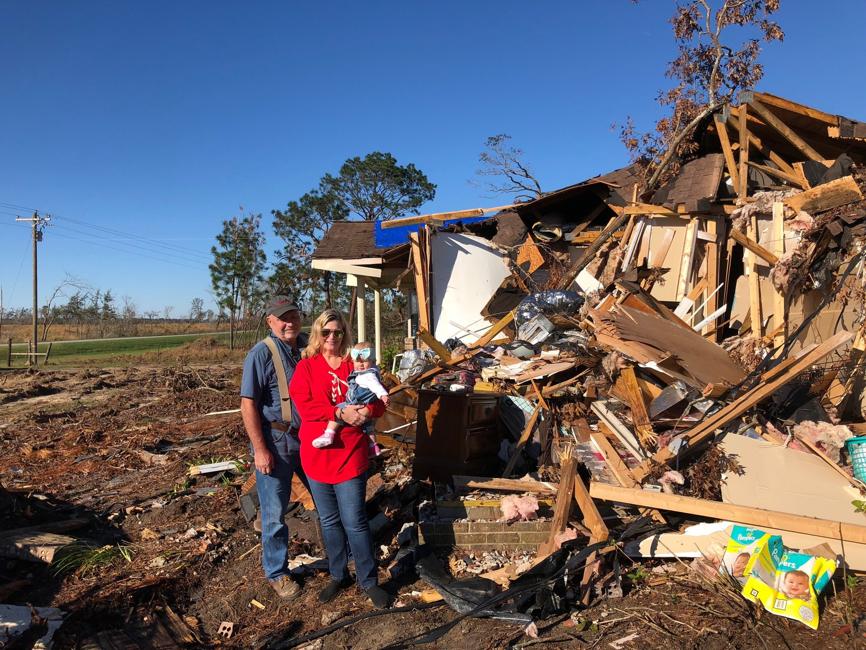The Resilient Rural America Project is a program that is designed to help rural Americans become more resilient to extreme weather as well as changing climate conditions. You can read more about it at https://resilientruralamerica.org/. One of their major outputs so far has been an online module that rural communities can use to help assess their readiness to deal with extreme weather by looking at land use issues. You can get a link to that module at the bottom of the link above. They also surveyed service providers who work with local communities to assess this information, and you can find the results of that survey at https://www.mfpp.org/wp-content/uploads/2019/04/RRAP-Service-Provider-Survey-Summary.pdf. In the survey, providers identified several sources of information that can be useful, including the Climate Resilience Toolkit (https://toolkit.climate.gov/) and the Cakex.org site (https://www.cakex.org/). In both cases, the survey said that the case studies were the most valuable parts of the web sites.
NOAA also provides some help identifying neighborhoods at risk from extreme weather at https://cpo.noaa.gov/News/ArtMID/7875/ArticleID/2015/Headwaters-Economics-Announces-Updates-to-Neighborhoods-at-Risk-Tool.
